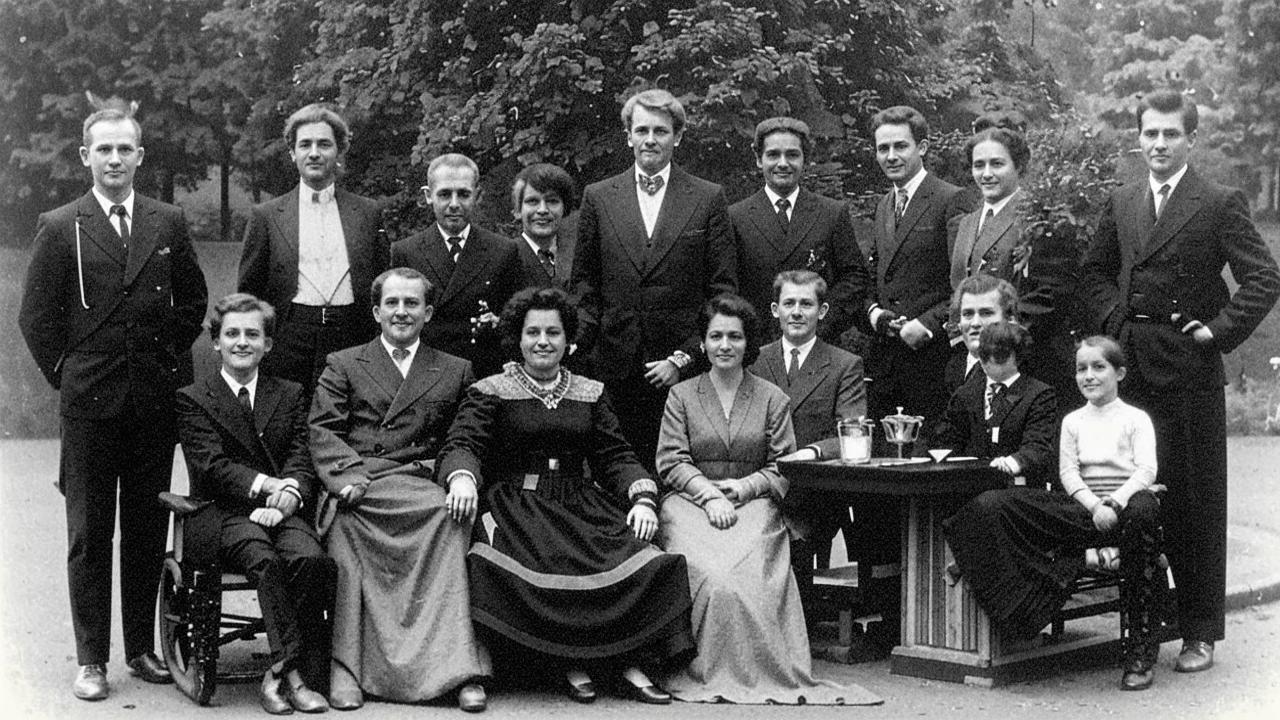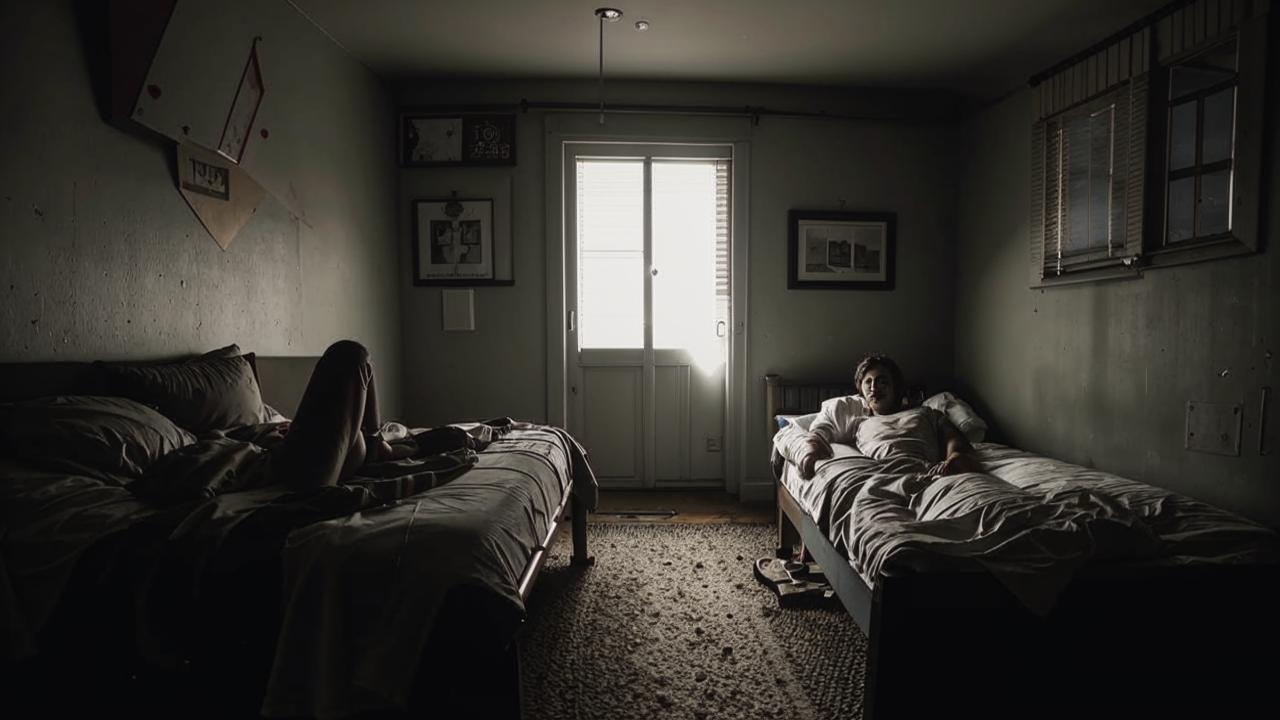Basically, we have our parents’ thought patterns embedded in us. We notice the positive and negative aspects of life based on the way our loved ones did. Are we able to see clouds reflecting in puddles, the beauty of a leaf fall, find the charm in an autumn frown? This is an important skill – our lives are largely built from what expectations and ideas we have about what will be.

Senior lecturer at the Moscow Institute of Psychoanalysis
Positive thinking is the ability to see the valuable, useful, good and important in everyday things. Even in those that are considered negative. The most important thing is that this skill can be formed and we can choose how – positively or negatively.
There is a popular expression: “Thought is material”. What is actually meant is this: when all the time I expect a negative outcome, no matter what it is – in a relationship, in the results of a job interview, in negotiations, in traveling – the probability that it will happen is high. It has nothing to do with seeing it coming. More often than not, it has to do with the fact that we shape a negative outcome with our expectation.
Thoughts can come true
In psychology there is such a concept as “self-fulfilling prophecy”. We create a certain idea of what will happen. We then unconsciously start doing things to confirm our belief.
The simplest example: if I am convinced that I will be betrayed and my relationship will end badly, I will unconsciously provoke my partner to confirm my expectations, I will look for evidence of this. In fact, I give him some conditional instructions that he must fulfill in order to meet my expectation. This applies to everything, even relationships with children.

When we find ourselves in difficult situations or circumstances beyond our control – weather, nature, economy, politics, etc., we can’t change them by our will alone. But we can find something good for ourselves in them. That is positive thinking.
One of the main existential questions people ask themselves when faced with serious illness or life challenges is “why did this happen to me?”. It is more accurate to ask ourselves: “What can I learn from this?”
Everything that happens to us is a lesson we learn. If you don’t ask “why?” but emphasize why I was given this, you begin to see the good, the valuable even in the darkest times, even in the losses. Just by asking the question “why?” we give ourselves the opportunity to feel unhappy and helpless. In reality, it’s just a comfortable habit (hello, comfort zone) that can and should be changed to a healthier one. Read more about it at the link below.
How to develop a positive mindset?
First, it’s important to develop a kind of internal culture. It is expressed in the fact that you should try to keep track of negative thoughts and do not screw yourself up.
It is clear that they are very tempting: when you start thinking that everything will be bad, all sorts of scenarios with a terrible ending unfold, visuals are added to them, you start to see confirming examples from life.
This winding up can last indefinitely. More about the nature of pessimism told together with a psychologist in the previous material.
If you realize yourself in the addictive process of negative thinking, it must be slowed down by an effort of will, rebuild in a positive field to see the valuable and important in the event that is. Even if it is a negative experience, it is an experience that has enriched.
For example, I now know that I shouldn’t go there or that person shouldn’t be trusted. You can, of course, continue to lament about what happened, or you can make a choice as in the parable: there is a wolf in each of us – good and evil. And only you choose which wolf to feed.
Secondly, we all live in society. It is important to keep track of who influences us, whose thinking is determining for us. We need to try to surround ourselves with people who are more inclined to a positive outlook on life, and learn to reorganize our environment to this positive vision.
There are things in the world that do not depend on us, we can’t change much globally, but we can definitely keep the world within us and make it a little better – for ourselves, friends, family, colleagues and acquaintances.






